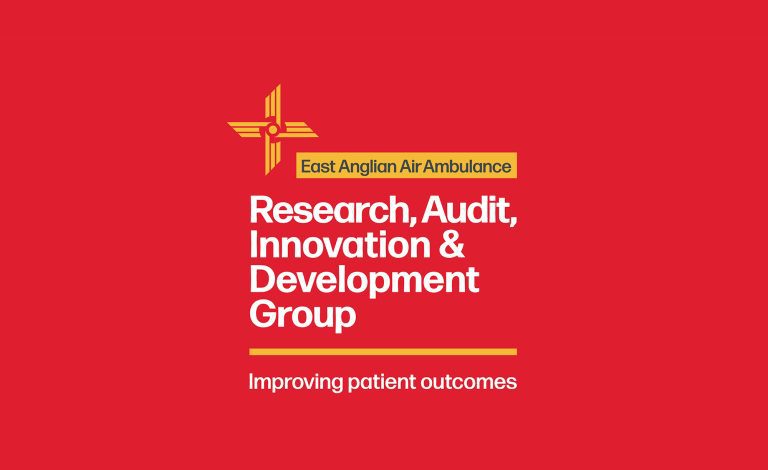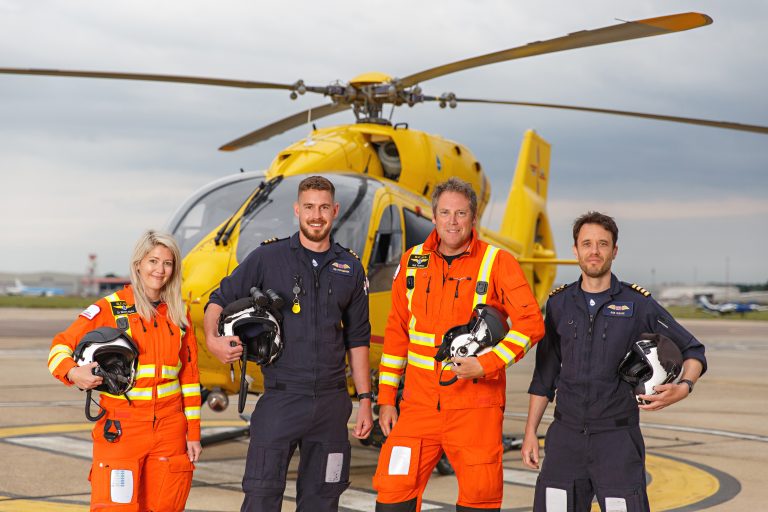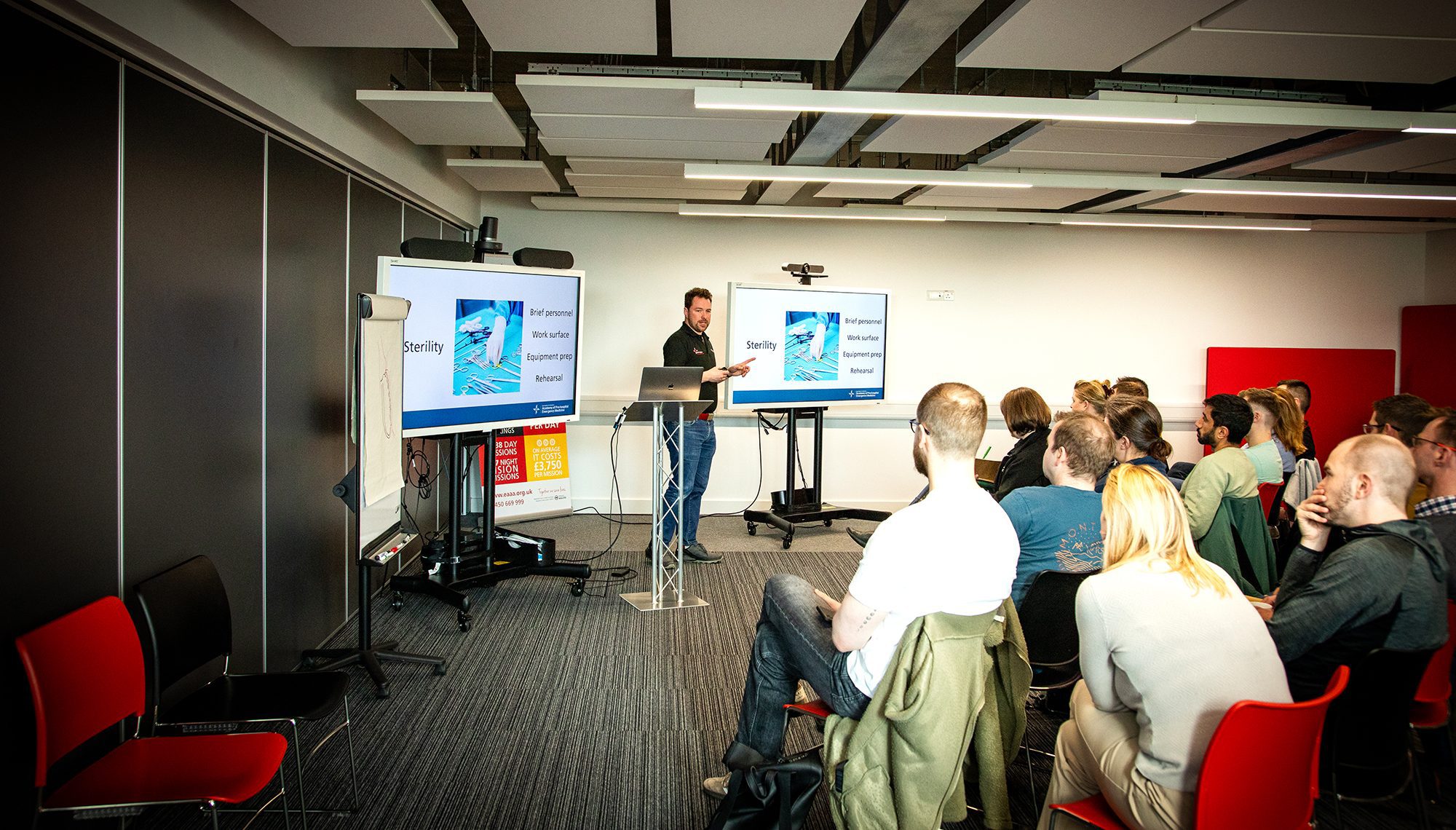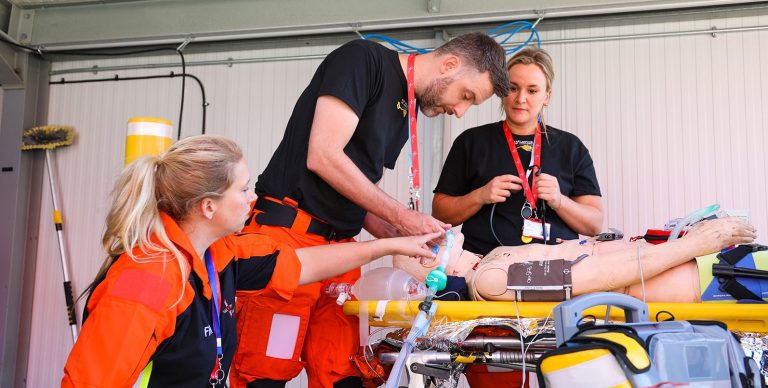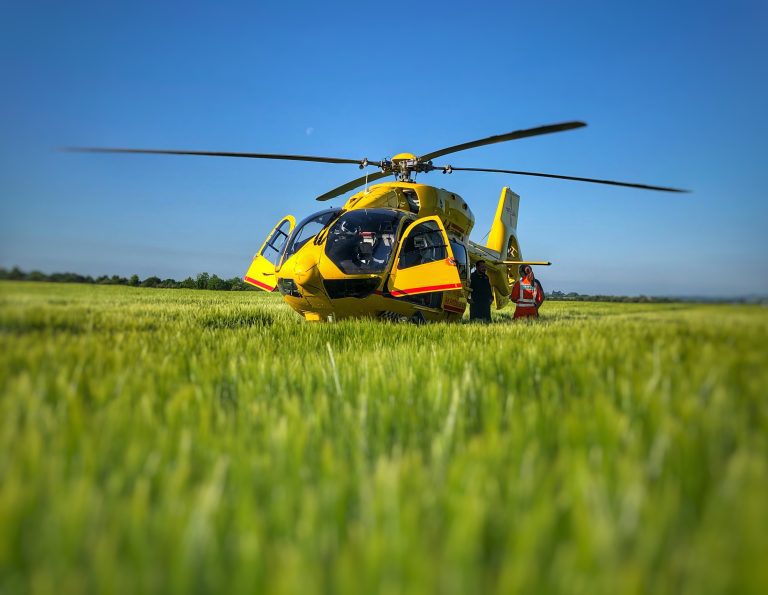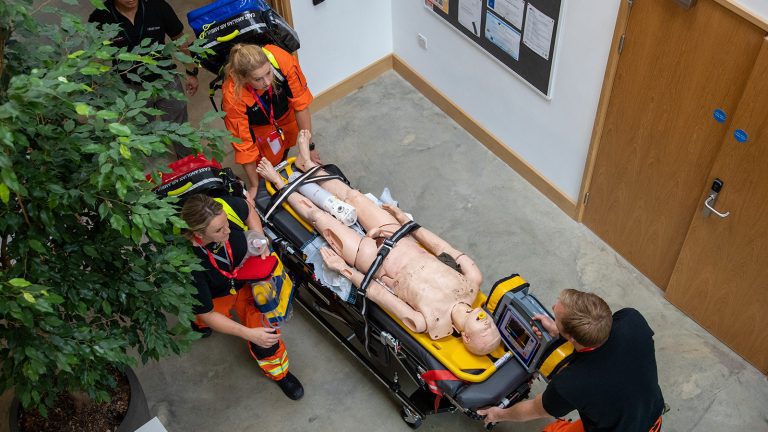Research, Audit, Innovation and Development (RAID) group
Our clinical focus on key areas such as out-of hospital cardiac arrest, traumatic brain injury, blood transfusion, and aftercare is helping us push the boundaries of what’s possible outside of hospital walls. By investing in these areas, we’re not only improving outcomes for our patients today - we’re helping to define the future of critical care.
